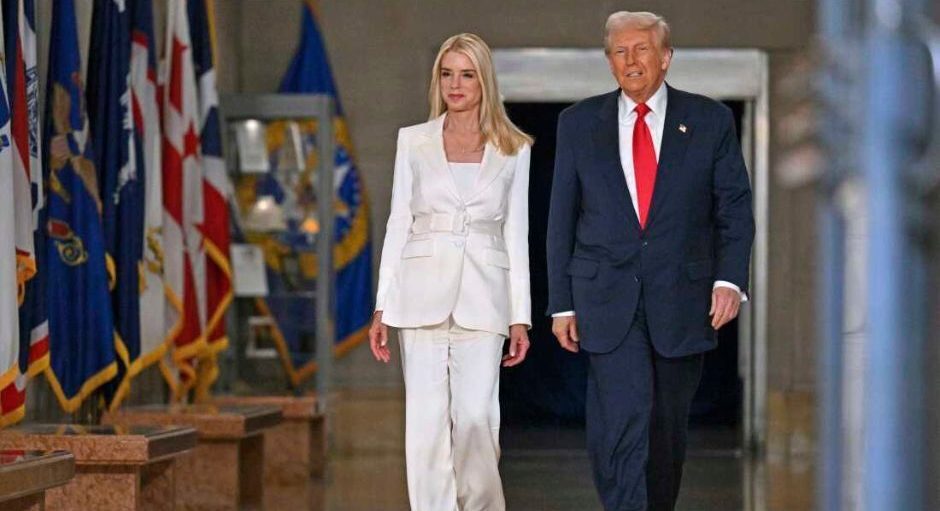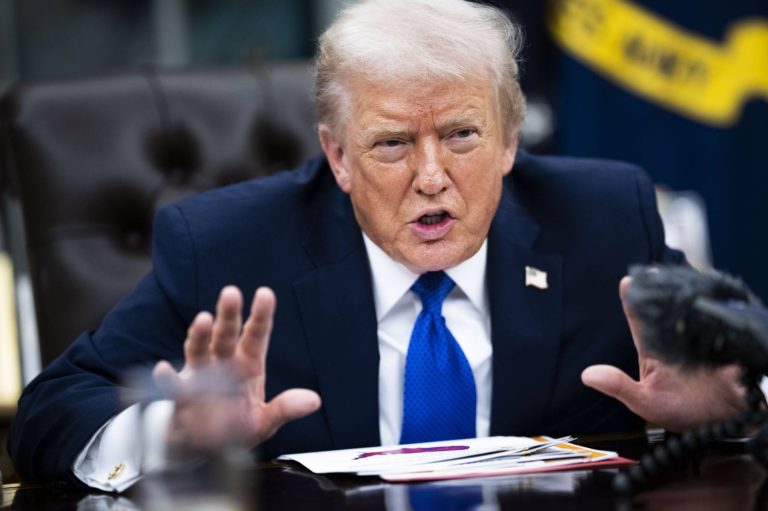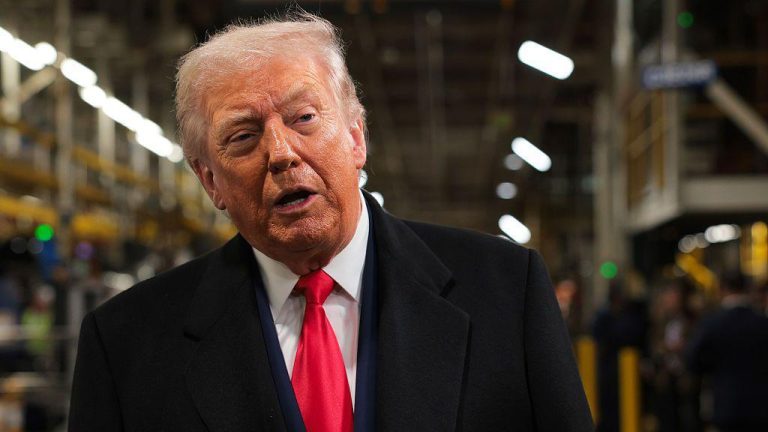No Amnesty for Migrant Farm Workers, Says Agriculture Secretary Rollins
Agriculture Secretary Brooke Rollins announced Tuesday that there will be no amnesty for undocumented migrant farm workers, even as the Trump administration intensifies its mass deportation agenda. Speaking outside the Department of Agriculture headquarters, Rollins reaffirmed the administration’s goal: a “100% American workforce.”
Her remarks followed growing questions about how deportation policies would affect the agricultural sector, which relies heavily on migrant labor—much of it undocumented.
Deportations Will Be Strategic to Protect Food Supply
Rollins acknowledged concerns from farmers and food producers about labor shortages. “We must be strategic in how we are implementing the mass deportation so as not to compromise our food supply,” she stated.
She emphasized that while enforcement remains firm, the administration is working with other departments, including Homeland Security and Labor, to address workforce gaps without jeopardizing production.
“The president has been unequivocal: there will be no amnesty,” Rollins said. “We support that, we are enforcing that, and we are working daily to ensure it happens.”
Trump Open to “Temporary Passes” If Farmers Vouch
President Donald Trump recently addressed the issue during a speech in Iowa. He floated the idea of allowing some undocumented farm workers to remain in the U.S. temporarily if the farmers employing them are willing to vouch for them.
Rollins was asked about this during the press conference. She confirmed that Labor Secretary Lori Chavez-DeRemer is reviewing the current H-2A visa program, which governs seasonal agricultural labor. However, Rollins stood firm: “I can’t underscore this enough: there will be no amnesty.”
Medicaid Recipients and Automation as Replacement Workforce
In outlining alternatives, Rollins said the administration is considering both automation and tapping into America’s existing labor pool. She pointed specifically to the 34 million able-bodied adults currently enrolled in Medicaid.
“There are plenty of workers in America,” Rollins stated. “We just have to make sure we’re not compromising our food system today, especially given everything we’re thinking about right now.”
She called for reform in the labor system, adding that automation would also play a critical role in filling labor shortages over the long term.
Political and Industry Reactions
The agricultural industry remains concerned about the short-term impact of strict immigration enforcement. Some farm owners argue that deporting their labor force without a viable replacement could cause food prices to spike and reduce production.
Nevertheless, Rollins and administration officials maintain that securing the border and ending illegal employment is a core part of Trump’s mandate.
“It’s the promise to America,” Rollins said. “A workforce that’s fully legal, fully American, and future-proof through technology and reform.”
While the administration has offered small concessions—like the possibility of employer-backed stays—Rollins made it clear that any such moves will not amount to legalization or long-term amnesty.

Sarah Mitchell is a bestselling novelist recognized for her insightful and emotionally resonant stories that explore the complexities of human relationships. Originally from Denver, Colorado, Sarah grew up in a family of teachers who nurtured her curiosity and love for storytelling. She studied psychology at Stanford University, where she became fascinated by the intricacies of human behavior—an interest that would later shape her writing career. Sarah’s novels are praised for their nuanced characters, intricate plots, and ability to capture the subtle tensions that define love, friendship, and family ties. Her breakthrough novel, The Spaces Between Us, became an instant bestseller, lauded for its honest portrayal of strained family relationships and the fragile bonds that hold people together. Since then, she has published several works that continue to captivate audiences around the world. Outside of her writing career, Sarah is passionate about mental health advocacy and often partners with organizations to promote awareness and support for those struggling with emotional well-being. Her personal life is quieter—she enjoys hiking in the Colorado mountains, practicing yoga, and spending time with close friends. With each new book, Sarah Mitchell cements her reputation as a writer who illuminates the beauty and struggles of human connection.









